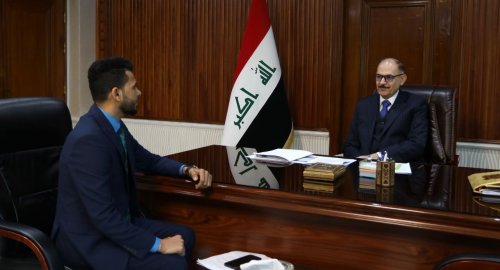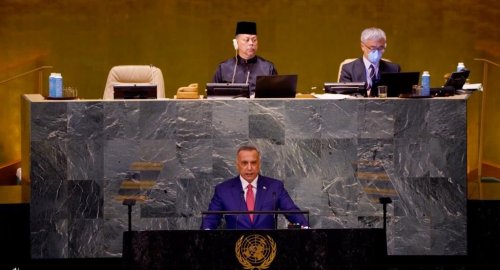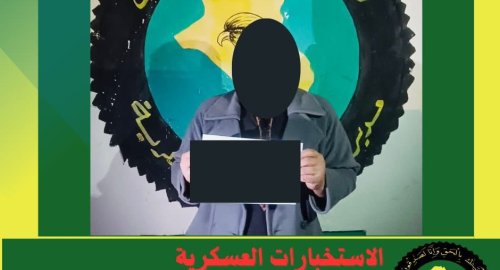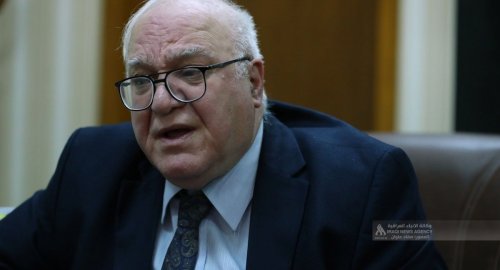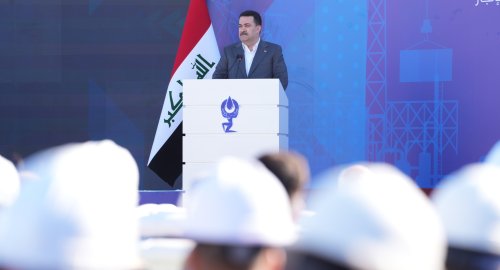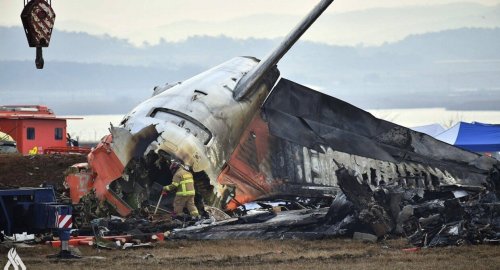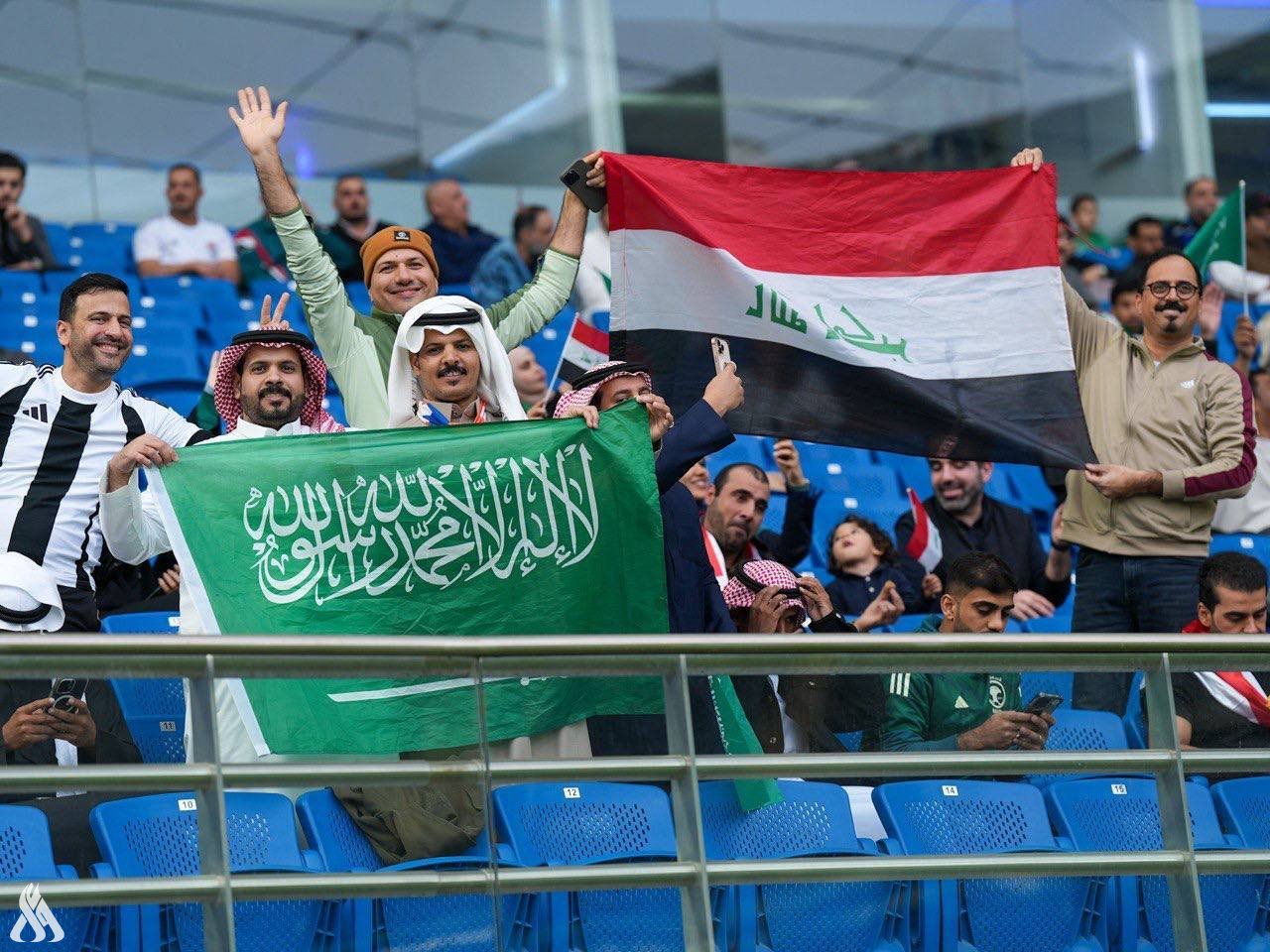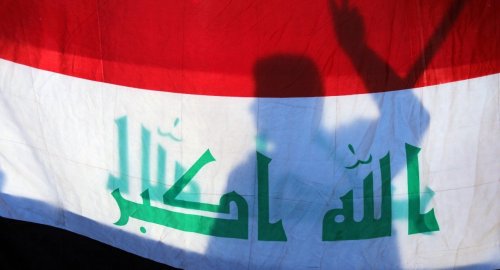
A democratic system that guarantees pluralism and the peaceful transfer of power after the dictatorship role in Iraq

- 11-04-2024, 18:55
Baghdad - INA
Twenty-one years have passed since the democratic experience in Iraq, bringing it to the level of countries that respect human rights and adopt the mechanism of political change through the ballot boxes. This experience emerged from the womb of long suffering that the Iraqi people experienced at the hands of the scorched earth policy followed by the former regime, which It led to a large number of victims, whether through executions, mass graves, or being thrown into meaningless wars, as well as detention centers, prisons, persecutions, and surveillance of informants.
After the year 2003, the political and social compass of Iraq changed, and the reality of life began to slip away from that era during which it experienced woes and suffering.
No room for comparison
in this regard, the head of the Parliamentary Human Rights Committee, MP Arshad Al-Salhi, told the Iraqi News Agency (INA): “It is not possible to compare the extent of the state of democracy between the previous regime and the post-2003 regime, despite the stumbles that exist in the style of the political system after 2003. The previous regime was a bloody and dictatorial regime, a totalitarian regime in which there was nothing of democracy. As for Iraq after 2003, it has transformed into a democratic regime based on the separation of the three powers: the judiciary, the legislative, and the executive. There is also a constitution approved by the people, most of its articles living up to and concerned with the principles of human rights. It is concerned with freedom of expression of opinion, and is concerned with giving the opportunity to the components of representation in the legislative House of Representatives with the well-known quota system for minorities. All of these matters are different from what existed in the previous political system.”
Positive aspects
Al-Salhi pointed out that “the positive aspects after 2003 are many, and are not related to the political aspect only, but rather include various aspects of life such as freedom of expression of opinion and the presence of hundreds of civil society organizations, and there is opinion and other opinions, as well as in the field of media.” And the press, and all of those matters, including Article 38 of the Constitution, which guarantees and supports freedom of expression in the Constitution and the law.”
Human Rights
In turn, Ali Fadlallah, spokesman for the Human Rights Movement, told the Iraqi News Agency (INA): “Iraq lived through a dark period with the former regime, especially in the field of human rights. That regime deliberately ignored the rights of the Iraqi citizen in many areas, and even reached The issue is the violation of the sanctity of the blood and lives of Iraqis, but today Iraq is witnessing great development in this aspect, and there is respect for this concept by the Iraqi government at the level of state departments and institutions, especially in the matter of investigations,” stressing, “Iraq has made great strides in the matter of consolidating human rights and ensuring freedom of coexistence.” In peace among the components of Iraqi society.”
Freedom of Expression
Fadlallah continued, “As for the level of freedom of expression, the Iraqi Constitution indicated in Article 38 that a law must be enacted that guarantees freedom of expression and the immunity of this freedom for the Iraqi citizen. It is true that Parliament did not legislate this law, but at the same time I see that freedom of expression is witnessing a very great development.” In Iraq, starting from the level of the size of satellite channels, communication sites, satellite agencies, websites, and the number of newspapers, reaching very advanced and developed stages in this aspect, therefore, Iraq has reached a stage that is almost a positive example for the countries of the region.”
He added, "In this aspect, we need to legislate a law that guarantees this freedom and clarifies the scope of freedom of expression for the Iraqi individual, provided that it is protected by the law to ensure the safety of the person, group, or society in expressing his opinion and objection regarding any issue related to the Iraqi state."
Raising the slogan of democracy
For his part, political analyst Hamza Mustafa confirmed to the Iraqi News Agency (INA), that “the Iraqi experience after 2003 raised the slogan of democracy and established the basic aspects in this field, such as elections, pluralism, and the peaceful exchange of power, and all of these matters reflect the democratic reality, and this matter is not comparable to the previous totalitarian regime.” Who knew nothing about pluralism, but today Iraq is experiencing its best state through the multiplicity of platforms, newspapers, satellite channels, and freedom of expression, and there is criticism and monitoring of the state, and even when there is a problem, it is resolved through the judiciary.”
PM: Our goal is to stop gas flaring at zero percent by 2028
- politics
- 04:02
South Korean cops raid offices of Jeju Air as crash probe intensifies
- International
- 02:10
Iraq vs Saudi Arabia match kicks off, Arabian Gulf Cup 26
- Sport
- 24/12/28
Real Madrid becomes Arnold's new home
- Sport
- 24/12/28
Globe Soccer Awards 2024: all the nominees
- Sport
- 24/12/27
CBI: We have achieved a great achievement in abroad remittance
- Economy
- 25/01/01

